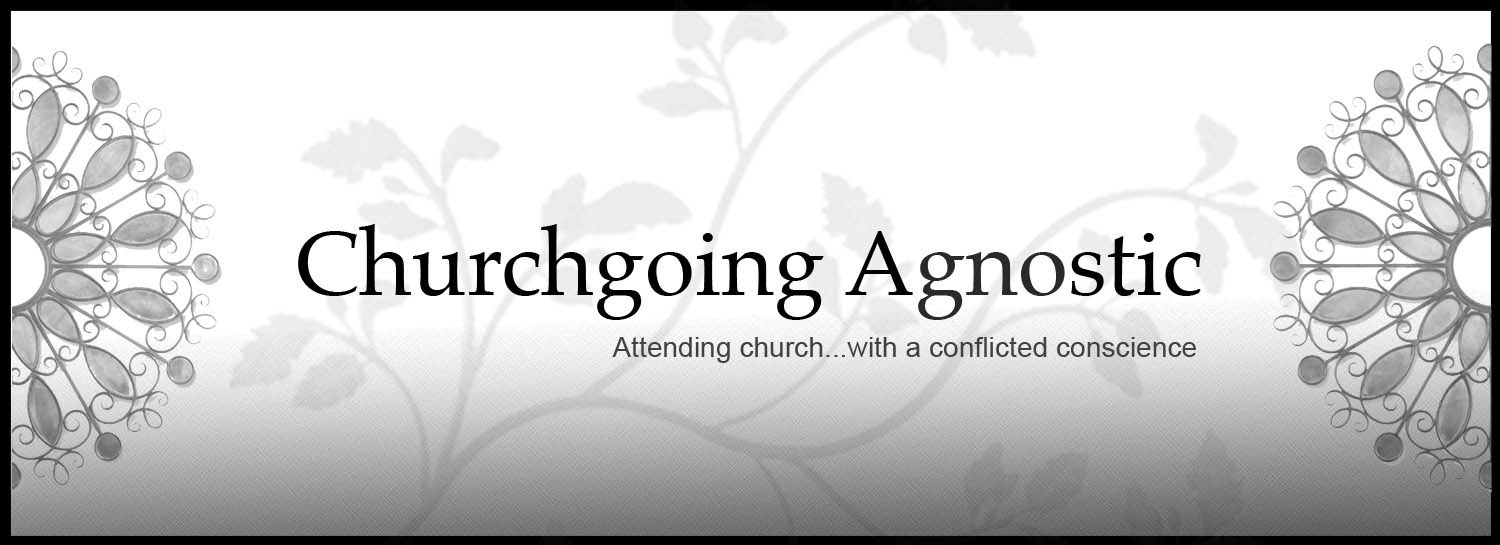I have just finished another exciting semester of seminary where I am studying theology. I just completed a course on the relationship between religion and science. In the few courses I have taken thus far, I have discovered new perspectives that have challenged the embedded assumptions of my own theology and expanded my understanding of how the Spirit of God might be operating in the universe.
This past week, I took some paid time off from my day-job so that I could finish writing my final research papers. When I wasn’t writing, I was spending a lot of time talking and laughing with my some of my fellow seminarians who are in different degree programs. I kept hearing them talk about finishing their “credos” for their systematic theology courses. I haven’t taken a systematic theology course yet, but from what I understand, a credo, like a “creed”, is a statement of one’s beliefs. In these credos, my classmates were asked to fill 30 double-spaced pages with their beliefs concerning God, Jesus, the Holy Spirit, the Bible, the gospel, sin, the future, and the Church. I am sure this is not an easy task. But it made me wonder what my personal credo would be. How would I explain my beliefs about those subjects?
I know many churches give their members a statement of faith that lists that particular church's core beliefs. But how many of those statements do the members really believe? What really matters in regards to their faith? If some members don't agree with all of the statements, does that diminish their desire to seek God and follow the way of Jesus? Should churches expect people to just swallow all of these claims without giving them space and time to examine, question and even reject some of them?
I can't help but wonder: Did Jesus ask his disciples (students) to sign a statement of faith before they joined him? No. He just extended an invitation to them saying, "Follow me." It seems that Jesus was more concerned that his followers had a close relationship with God and himself than he was that they have all the right theological answers. Plus, no matter what faith claims we make, our behaviors will reveal our true beliefs anyway.
Although I am hesitant about stating a belief that may change based on future understandings and experiences, I thought I should try to write my own credo. At least a short one, for now. I will give this a shot even though I realize how easy it is for us to put God and other people in boxes and categories that suit our understandings. We categorize them because it helps us to make sense out of the world around us. I understand that and I don’t think we can help it. Some neuroscientists would say that our brain is hard-wired in such a way that it demands we try to find clarity when we are confused.
But nevertheless, I wanted to give it a try, knowing that most of this could change over time (and I am actually curious to see if and how it will change over time). I think our theologies (ideas about God) should remain somewhat flexible lest we think we have conquered God and understood God’s Spirit, being and intentions completely. I personally don’t think we humans are capable of such a thing.
So here it is. My statement of faith, as of today:
God: I believe there is a God but I still have many questions. My faith is grounded in reflecting on and praying to the everlasting, ever-creative and ever-surprising Spirit of God for blessing, guidance, inspiration, provision and forgiveness.
Jesus: Even though I often fall short, I strive to become a follower of God in the way of Jesus by allowing my life to be challenged and transformed by his teachings and example.
Scriptures: While I take seriously the stories, testimonies, wisdom, insights, and theologies that are found in the Hebrew Bible and the Christian Scriptures, I believe the Spirit of God is also known in acts of love and words of truth. Therefore, I am open to the various ways in which love and truth are revealed and manifested in the world- be it through nature, science, or other religions and faith traditions. I also try to be receptive and open to the mysterious ways in which the Spirit of God might be communicating to us in our modern times.
Evil: I think that evil forces exist in our world; however I think we humans are often our own worse enemies. Nowadays, I have little use for ideas about devils and demons being the sources of evil. I think the human heart is fully capable of imagining and committing vicious acts towards ourselves and others without the help of an "enemy of God" or a "devil". I understand "Satan/the devil" as a way to personify the fact that humans have dark sides to our gifts of imagination and free will that often rebel against the good tendencies that we are also capable of.
Purpose: I find purpose in wrestling with my personal questions and figuring the rest out as I go along. In the meantime, I try to live out my faith in actions of love and faithfulness. I am sustained in my journey by the faith that a creative, mysterious, loving force is inviting me and guiding me towards love, truth, reconciliation, transformation and blessing.
Saturday, May 5, 2007
Subscribe to:
Post Comments (Atom)



No comments:
Post a Comment